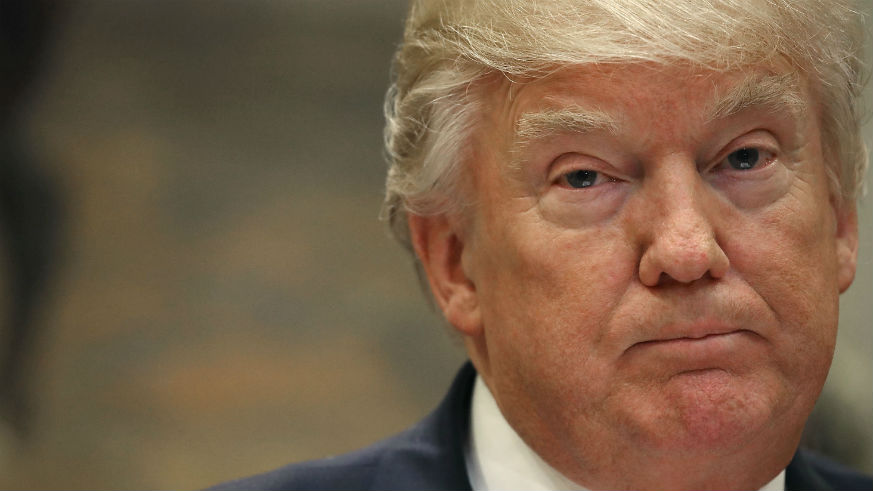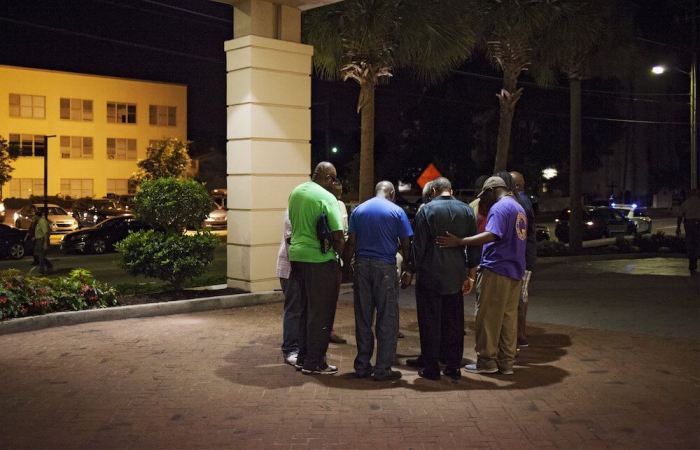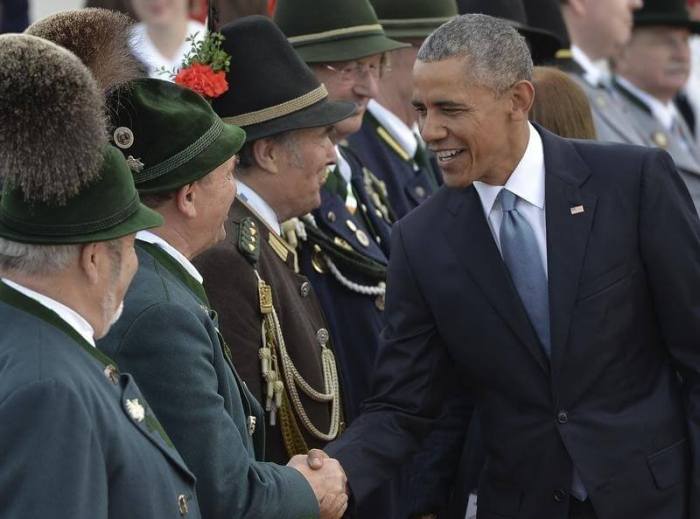Updated 3:53 p.m., Thursday, June 1, 2017: President Donald Trump announced Thursday the United States will pull out of the Paris climate agreement, but indicated he would try to renegotiatiate a “better deal.”
“In order to fulfill my solemn duty to protect America and its citizens, the US will withdraw from the Paris climate accord,” Trump announced during a press conference from the White House Rose Garden. “But we will begin negotiations to re-enter the Paris Accord or an entirely new transaction on terms that are fair to the American people, American businesses and American taxpayers.”
Trump stuck to his mantra that the Paris climate agreement was a “bad deal” for America, saying the effects to the economy would far outweigh the gains for the environment.
“The Paris climate accord is simply the latest example of Washington entering into an agreement that disadvantages the U.S., leaving American workers and taxpayers to absorb the costs,” Trump said.
Trump said the mandates in the Paris climate agreement would crush American industires like paper, cement, steel, coal and natural gas, while giving countries like China and India free reign to expand those same industries over the next decade.
“As someone who cares deeply about the environment, which I do, I cannot in good conscience support a deal which punishes the U.S.,” he said.
The decision is a major blow to environmentalists and U.S. businesses ike Facebook, Apple, Nike, Levi Strauss and Starbucks, who reportedly urged Trump to remain in the Paris climate agreement this week. Tesla founder Elon Musk said he has also tried to persuade the president to remain in the Paris climate agreement, saying he would quit the White House business advisory council if Trump decides to pull out, VOA News reported.
The climate agreement is a pact negotiated by 195 countries to reduce greenhouse gas emissions beginning in 2020.
U.N. studies project that average world temperatures are set to rise by 3 degrees (5.4 Fahrenheit) or more by 2100, based on current trends. And this year is expected to prove the warmest since records began in the 19th century, beating 2015.
At the time of signing, France’s foreign minister Laurent Fabius said the plan is a “historic turning point” in the goal of reducing global warming.
When the U.S. joined the Paris climate agreement last year, President Obama told reporters from the White House Rose Garden, “If we follow through on the commitments that this Paris agreement embodies, history may well judge it as a turning point for our planet.”
Today, 147 of the 195 negotiating countries have ratified the agreement.
Trump’s decision to back out of the Paris climate agreement is yet another step in dismantling former President Barack Obama’s environmental legacy.
Reuters contributed to this report























